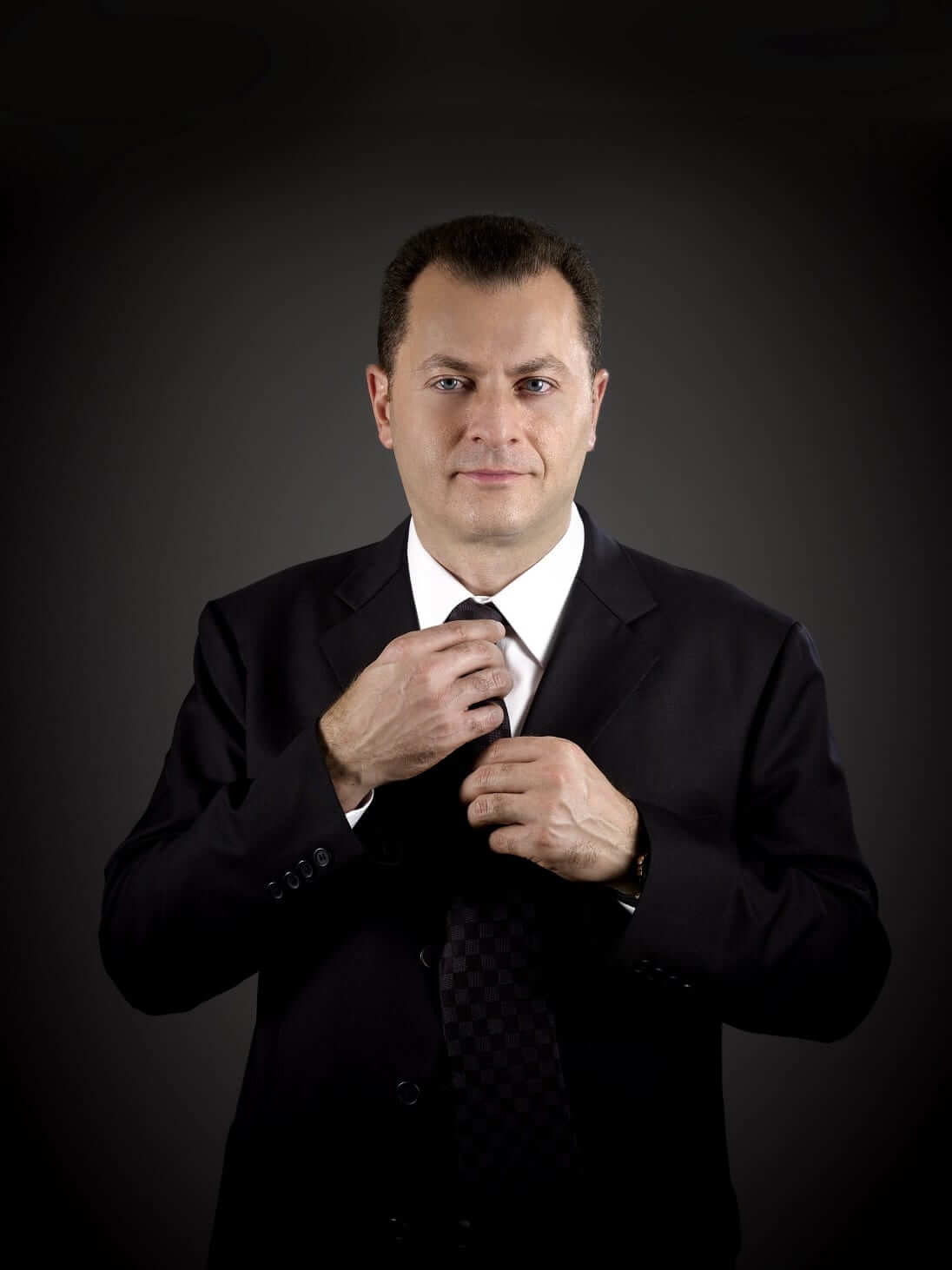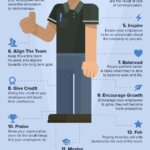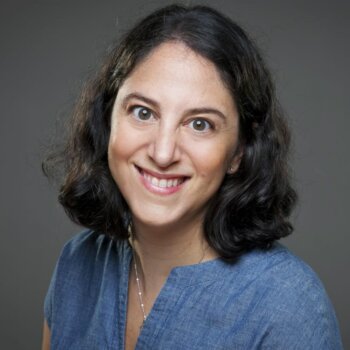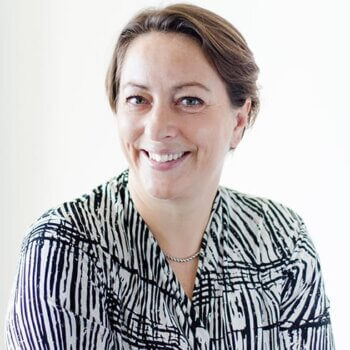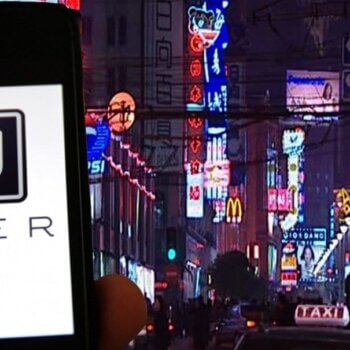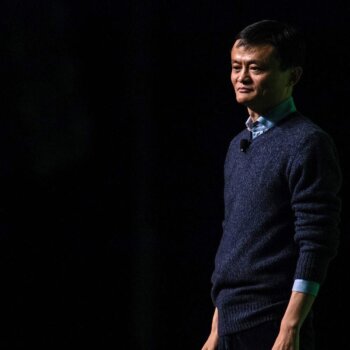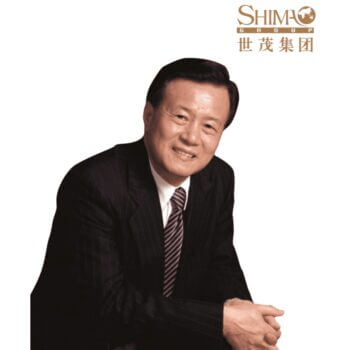Fred Mouawad is the founder of Taskworld. A task management application that improves the performance of teams. Fred is also a global citizen, serial and portfolio entrepreneur, and founder of Synergia One Group of Companies. Synergia One is the entity that groups all the companies Fred founded which includes the family jewelry business, Mouawad, of which he is the fourth generation.
Synergia One group operates in 16 countries across several industries that encompass gems and jewelry retailing, diamond manufacturing and wholesaling, watchmaking, food service franchising, food manufacturing, interior fit out, publishing and trade shows, and software as a service with Taskworld.
Fred grew up in Geneva, Switzerland where he attended boarding school. He received a Bachelor of Science in Business Administration from Pepperdine University, where he was also a teacher’s assistant for the Business Policy & Strategy course. Fred is a Graduate Gemologist from the Gemological Institute of America, and have co-authored articles in the field of gemology.
He is an Alumni of the Harvard Business School (MBA) and of the Stanford Executive Program (SEP) at the Stanford Graduate School of Business. Trained in Lean Six Sigma and ISO 9001 and also a member of the Young Presidents’ Organization (YPO).
Fred is passionate about improving myself and the world within my sphere of influence. He loves the entire process of conceiving, starting, and building a business. It’s the challenge, customer satisfaction, and the creative part of the journey that I enjoy the most.
Can you share with us how you came up with Taskworld?
In 2006, I realized I was spending at least a third of my time following up on tasks. I was using a variety of different tools ranging from Excel to notebooks to write down all the key tasks I had to track. As I run a portfolio of companies, I monitor multiple projects in different companies with distributed teams across countries. As you can picture the effort and energy required to manually follow-up became counterproductive. I found myself doing less strategic thinking, and spending too much time in the trenches making sure we were executing on multiple fronts. Realizing the magnitude of the challenge, I had to find a solution and it came in the form of building an online Task Management system. We built the software internally and started using it within our group by end of 2006. It was a great success, and as a result we increased productivity across all our divisions.
It wasn’t until 2012 that I decided to build a separate business based on the idea that had worked so well for our companies. The opportunity was further amplified with the advent of social, mobile and cloud. It felt like the perfect time to move from strategic insight to action by building a similar service that would be open to the world. That’s how we started working on a prototype with a core group of our IT team.
Are there any industry insights that you can share with us?
I think we’re at the beginning of what is truly possible. The more people embrace online collaboration tools, the more information they will get about their business. It will make what was previously invisible, visible. Companies will start to see opportunities for improvement effortlessly. Traditionally, companies have very little visibility in regards to tasks assigned throughout an organization, and online tools are about to fundamentally change the way we collaborate and measure performance.
For example: in factories, we know exactly where all the material flows are going. We know how products are being constructed, but when it comes to the knowledge workforce, it’s far less transparent. Collaboration tools provide far more visibility pertaining to productivity by flagging tasks or projects that are behind schedule. They also have the means to allow team members to provide feedback to each other in order to provide an evidence-based performance evaluation. Based on identified problems, the system can even make recommendations on what to do in order to improve performance. The power lies in the artificial intelligence that can be generated from the task unit level.
Who are your competitors and what makes Taskworld different?
The market we are in is very crowded. We see everything from To-Do list type apps to sophisticated enterprise solutions. We aim to differentiate ourselves by offering performance reports that enable teams to know how well they are doing, and figure exactly where they can make further improvements. It’s a different long term philosophy, and that’s where we see the opportunity.
We have registered users from 120 countries and what’s exciting is that they cover a very broad range of industries. We have lots of success stories that we’re actually posting on our blog. It’s very motivating to see individuals, small to midsize organization, and large enterprises use our application. We’ve proven that we have a general purpose application that allows people to collaborate more effectively. People are enjoying using Taskworld, and are using it across multiple platforms such as on mobile, tablets, and on the web.
How difficult was your entrepreneurship journey? How did you achieve this and what keeps you motivated?
Being an entrepreneur is one of the toughest jobs on earth. For a start-up to succeed it requires everything you’ve got, and you can’t easily quit along the way. Your entire reputation is at stake. You need to have resilience, determination, and the intelligence to adapt and shift when necessary. It’s all about wanting to change or make an impact on the world around you, and then having the courage to embark on a journey of hard labor and on an emotional roller coaster as the business goes through different phases. Great entrepreneurs are avid learners. From every experience they try to reflect and learn, so in the future they avoid the same mistakes and focus on what is required to succeed.
What keeps me motivated is the impact I can make on customers. I get satisfaction adding value to customers whether it’s by offering them a great cup of coffee or with a productivity app such as Taskworld. If we can make customers happy, employ passionate people, and make money in the process to continue doing what we enjoy doing, we are rendering a valuable service to society. That’s very satisfying to me.
What are your personal goals and what is the future for Taskworld?
To be a good son, father and husband are my personal goals.
In regards to Taskworld, I would love to reach millions of people and improve the way they collaborate. If we can improve the productivity of teams around the world, we would play a small role in making the world a better place. The potential impact of Taskworld is far-reaching and a great motivation to me and our team members.
What values do you want to instil with the people you reach and employees?
The value of thinking first, planning, doing, learning and then adjusting and doing again. I want people to improve by constantly learning through execution and then making adjustments. The key is to have people that first want to improve themselves so they can drive continuous improvements in the organization to increase value for customers and shareholders.
If you could pick two things to change in this world, what would they be and why?
I would want to give an opportunity for every child to grow with a chance to succeed in life. I wish there were more justice around the world. The world can be very unfair. You may be extremely smart and ambitious, but if you’re just born in the wrong country and in the wrong family then all your possibilities are eliminated and that’s sad. If I could do something, I would give every child a real opportunity to develop to their full potential.
The other thing I would do is to try to eliminate war. I don’t know how I would it, but I don’t think human beings in this day and age should kill each other to solve problems. Those are two things I feel strongly about.
Can you describe your working style and what do you do on your free time?
I always make sure that we have the right people, that they’re self-motivated, and that they’ve got the right skills. The next step is to then make sure everybody is aligned towards a clear goal. I am therefore very involved in making sure we have the right people, assure they are motivated, and are working on the right projects to create value.
I view my role as a guide and a coach. I fill the gaps where and when required. I don’t run the day to day operations of any company. My challenge is how to best allocate my time across each company in the portfolio to maximize value. Since Taskworld is the youngest company right now, I’m deep in it and I’m doing more than I should. Eventually, I will rise and build a full team and be less involved in the details. It’s also necessary to find the right distance and decide at what depth to plunge in specific projects. At times it’s necessary to go deep into the details and at others keep a good high level strategic insight. Managers that get stuck at one level tend to have higher rates of failure. The key is being able to shift levels seamlessly based on the situation.
My style is ultimately getting the right people involved. I believe that it’s important to have the right people with the right goals, and that they’re provided with the right resources in order to increase their probability of success.
I don’t have much free time. I like reading, exercising, snow skiing, diving, jet skiing, swimming and going to the gym. With the family, we enjoy traveling together and experiencing different places.
Do you think education or the support of your government is more important in the entrepreneurial process?
Education is critical in providing the fundamental skills entrepreneurs need to increase the odds of building a successful business. However, it is not enough to assure success. You need an entire eco-system dedicated to providing entrepreneurs with support.
In the United States for instance, Silicon Valley has an incredible eco-system to encourage and support young entrepreneurs with great ideas. They have venture capital firms to provide the capital and the guidance needed for start-ups to grow, universities that graduate talented individuals and conduct research with significant government and private grants, angel investors that will seed an idea, lots of talent living in the area, and many companies that can support or eventually acquire a budding company. Without all the support structure, it’s difficult for governments to expect their citizens to be entrepreneurial. If you have a great idea, but no one to fund it will remain just an idea.
Any inspirational entrepreneurs in mind? Why?
I like Richard Branson because he challenges the status quo and dreams big. He is bold and has the courage to challenge larger institutions. He also built a great reputation for himself, and that has helped him launch more businesses. What I appreciate the most is his resilience and willingness to experiment. Many of the ventures he started did not make it, but those that did ended up creating significant value. That’s an essential trait of being an entrepreneur. Having the intelligence to learn from both successes and failures, and always having the courage to start your next venture with more wisdom and flair.
Connect with Fred Mouawad:
Website: https://www.taskworld.com/
LinkedIn: https://www.linkedin.com/in/fredmouawad
